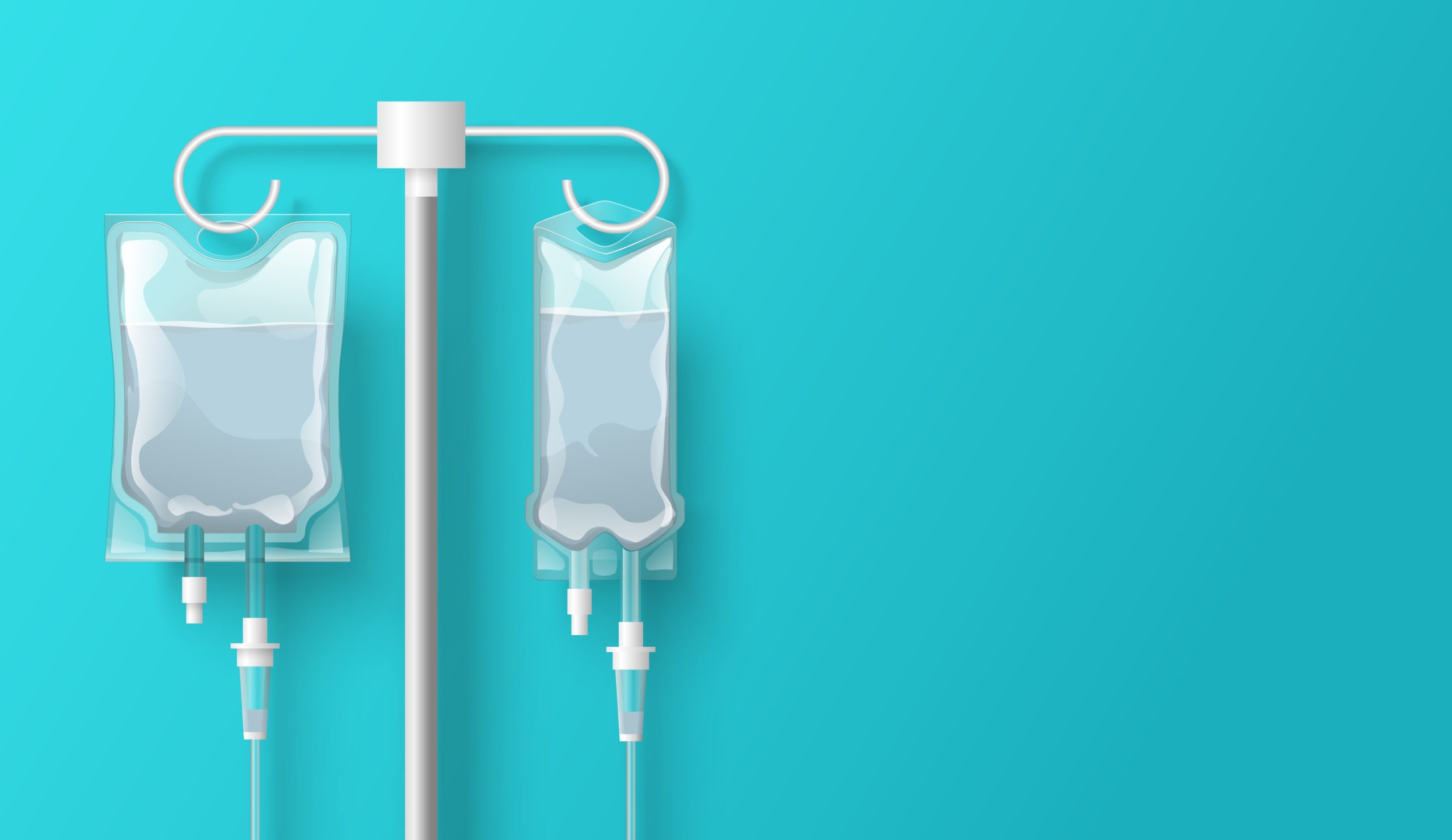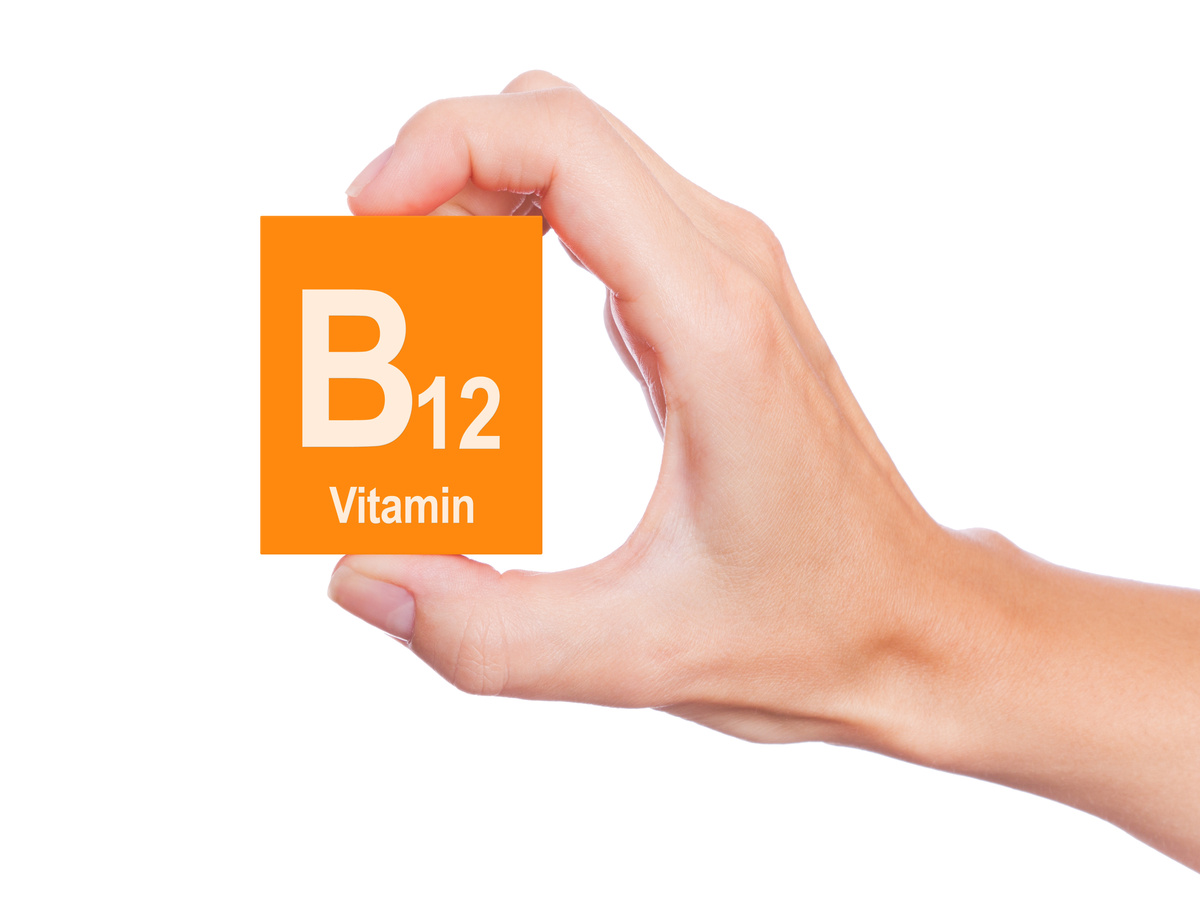Most people enjoy various drinks containing large amounts of sugar and other preservatives. Energy drinks and immune boosters also help the body for its overall well-being. However, nothing beats water as the most hydrating drink ever!
Why is hydration important?
Hydration is essential for various reasons, as it is crucial to maintaining overall well-being. Here are some key reasons why staying adequately hydrated is vital:
- Cell Function: Water is a fundamental component of cells and is involved in nearly every cellular process in the body. Adequate hydration is necessary for cells to function correctly.
- Temperature Regulation: Sweating is the body’s primary way of cooling down. When adequately hydrated, your body can sweat efficiently, helping regulate your core temperature. Dehydration can lead to overheating and heat-related illnesses.
- Digestion: Water is essential for the digestion of food. It helps break down food particles, aids in the absorption of nutrients in the digestive tract, and facilitates food movement through the digestive system.
- Detoxification: Water is essential for the body’s natural detoxification processes. It helps flush out toxins and waste products from the body through urine and sweat.
- Joint Lubrication: Proper hydration is vital for joint health. The synovial fluid that lubricates joints is mainly composed of water, and dehydration leads to joint pain and stiffness.
- Cognitive Function: Dehydration can affect cognitive function, leading to problems with concentration, memory, and alertness. Even mild dehydration can affect cognitive performance.
- Mood and Mental Health: Some studies suggest dehydration may be linked to mood disturbances and an increased risk of anxiety and depression. Staying hydrated may help maintain better mental and emotional well-being.
- Skin Health: Adequate hydration can contribute to healthy, glowing skin. Dehydration can lead to dryness, flakiness, and an increased risk of skin conditions.
- Kidney Function: The kidneys rely on sufficient water intake to filter waste and excess substances from the blood and produce urine. Dehydration can also increase the risk of kidney stones and urinary tract infections.
- Blood Pressure Regulation: Proper hydration helps maintain normal blood pressure levels. Dehydration can lead to an increase in blood pressure, leading to more risk factors for cardiovascular problems.
- Exercise Performance: Athletes and individuals engaging in physical activity require proper hydration to perform at their best. Even mild dehydration can negatively affect exercise performance and increase the risk of heat-related illnesses during intense workouts.
- Weight Management: Drinking water before meals can help with weight management by promoting a feeling of fullness, potentially reducing overall calorie intake.
What does water do to the body?
Water is essential to the proper functioning of the human body, and it plays numerous vital roles in maintaining overall health and well-being. Water is the medium where many essential nutrients, such as vitamins and minerals, dissolve and are transported to cells throughout the body, allowing the cells to use these nutrients for various metabolic processes. It is also crucial for the breakdown of food in the digestive system. It helps dissolve and mix with food particles, aiding digestion and absorption of nutrients in the stomach and intestines. Water also helps regulate body temperature through sweating and evaporative cooling. When you’re overheated, the body releases sweat, which contains water and salts. As the sweat evaporates from your skin, it cools the body.
Furthermore, water is a crucial component of cells. It serves as a medium for chemical reactions within cells and helps maintain the structure and integrity of cell membranes. Joints, one of the most essential body parts, are cushioned and lubricated by synovial fluid primarily composed of water. Proper hydration helps maintain joint health and function by ensuring sufficient fluid. If you have a hard time bowel, water is essential for eliminating waste products and toxins from the body. It is a critical component of urine, which carries waste products and excess substances out of the body through the kidneys.
Dehydration can also impair cognitive function, leading to problems with concentration, memory, and alertness. Adequate hydration is essential for maintaining mental clarity and focus. Proper hydration can also contribute to healthy skin. It helps maintain skin elasticity, prevents dryness, and supports the body’s ability to repair and regenerate skin cells. Drinking enough water helps maintain normal blood pressure levels. Dehydration can lead to increased blood pressure, a risk factor for cardiovascular issues. Aside from helping the heart, it also helps the lungs. The mucus lining of the respiratory tract contains water, which helps trap dust, bacteria, and other foreign particles. Proper hydration can assist in keeping the respiratory system functioning effectively.
Saliva, essential for digestion and oral health, is mostly water. Insufficient hydration can lead to dry mouth and dental problems. Water helps balance the body’s electrolytes, such as sodium, potassium, calcium, and magnesium. These electrolytes are critical for nerve function, muscle contractions, and other physiological processes. Lastly, staying hydrated supports the proper functioning of the immune system by helping transport immune cells and antibodies throughout the body.
When is hydration most needed?
Hydration is needed at all times to maintain overall health and bodily functions. However, there are specific situations and conditions when the need for hydration becomes even more critical, especially during exercise, illness, pregnancy and breastfeeding, aging, kidney stones, travel, and more.
During Exercise
You lose fluids through sweating when you engage in physical activity, especially strenuous exercise or in hot and humid conditions. Drinking water before, during, and after exercise is essential to prevent dehydration and maintain performance. Dehydration during exercise can lead to heat-related illnesses and reduced physical performance.
Hot Weather
In hot weather, your body sweats more to cool itself down, increasing fluid loss. You need to drink more water to stay adequately hydrated in these conditions.
Illness
When you’re sick with conditions like fever, vomiting, or diarrhea, your body loses fluids more rapidly. Rehydration is crucial to replace these lost fluids and prevent dehydration, which can worsen illness.
Pregnancy and Breastfeeding
Pregnant and breastfeeding women have increased fluid requirements. Proper hydration is essential to support the health of both the mother and the developing baby.
High Altitudes
You may breathe more rapidly at higher altitudes and lose more water through respiration. Staying well-hydrated is essential when traveling to or residing in high-altitude areas.
Aging
As people age, their sense of thirst may decrease, making them less aware of their need for fluids. Older adults must pay attention to their hydration needs to avoid complications like urinary tract infections and kidney stones.
Sickness or Infections
When you have an infection or fever, your body may lose fluids due to increased body temperature and fluid production to fight the disease. Adequate hydration supports your body’s immune response.
Kidney Stones
People prone to kidney stones should maintain a high fluid intake to help prevent stone formation. Increased water consumption can dilute urine and reduce the concentration of minerals that form stones.
After Alcohol Consumption
Alcohol is a diuretic that increases urine production and can lead to dehydration. If you consume alcohol, it’s essential to drink water to counteract its dehydrating effects.
Before and After Surgery
Patients are often instructed to fast before surgery, which can lead to dehydration. After surgery, the body may require additional fluids for healing and recovery.
Extreme Cold
In icy environments, your body loses fluids through respiration and can be at risk of dehydration. Proper clothing and hydration are essential in these conditions.
Travel
When traveling, especially by air, you may be exposed to lower humidity levels, which can increase the risk of dehydration. It’s essential to drink water during flights and adjust your fluid intake to accommodate changes in climate and activity levels during your trip.
Hydration is a key element in keeping the body strong and healthy. Hydrate yourself at The Mint IV Bar with their “Hydration Only” IV Therapy! Contact them for more details.



